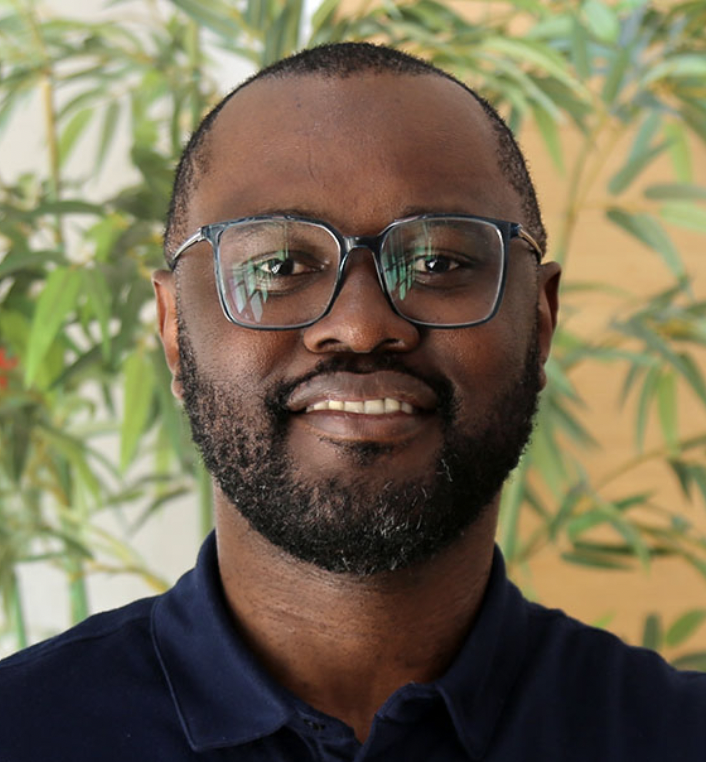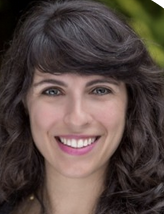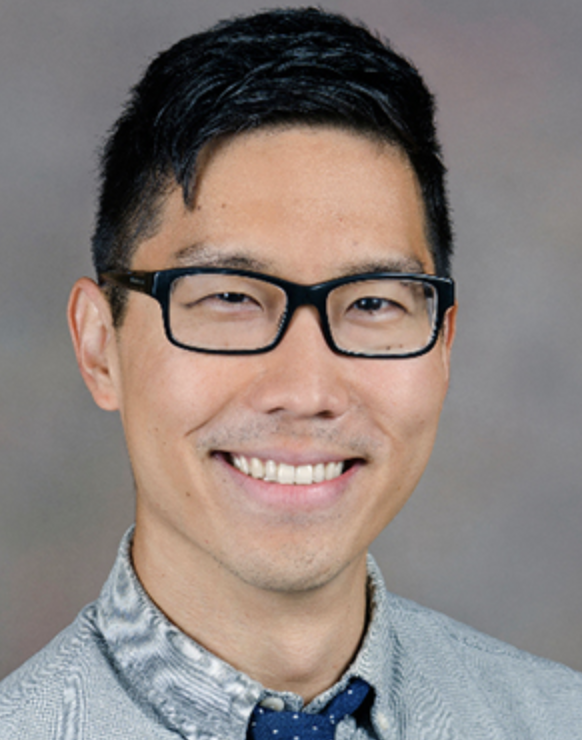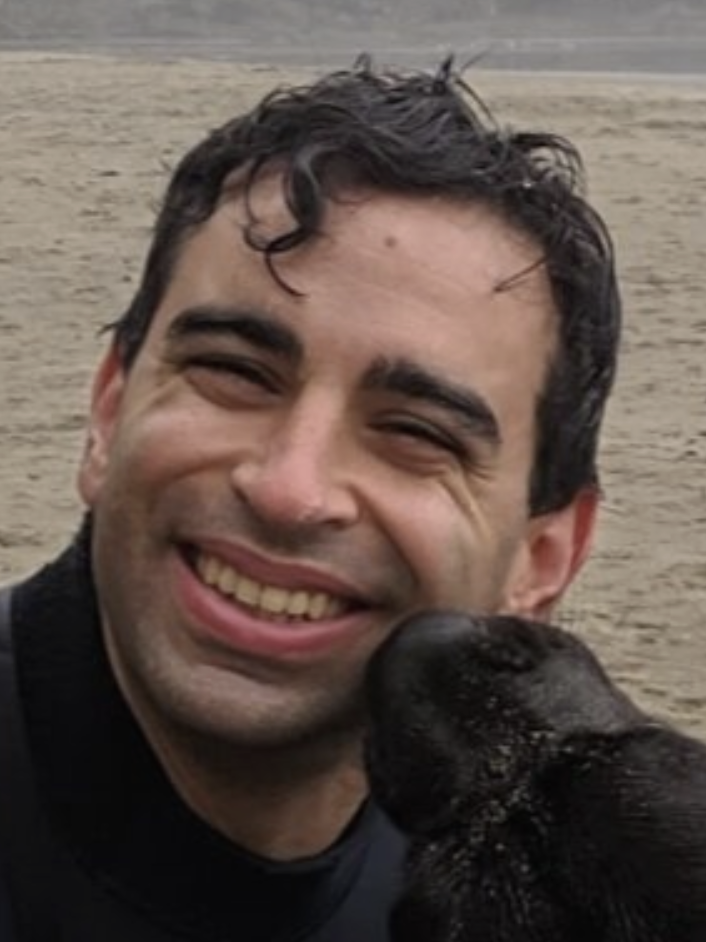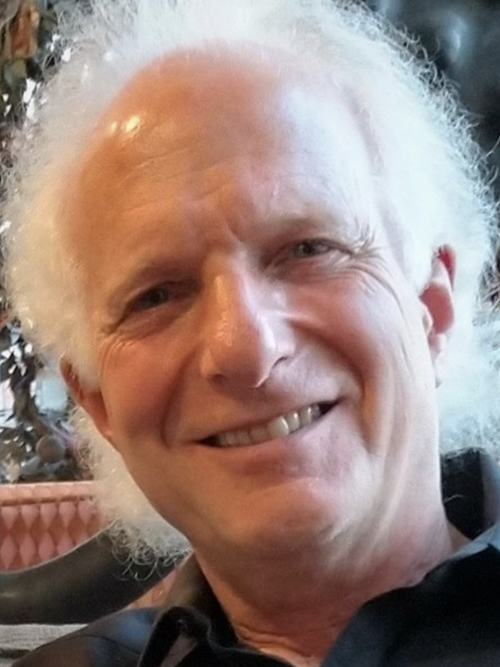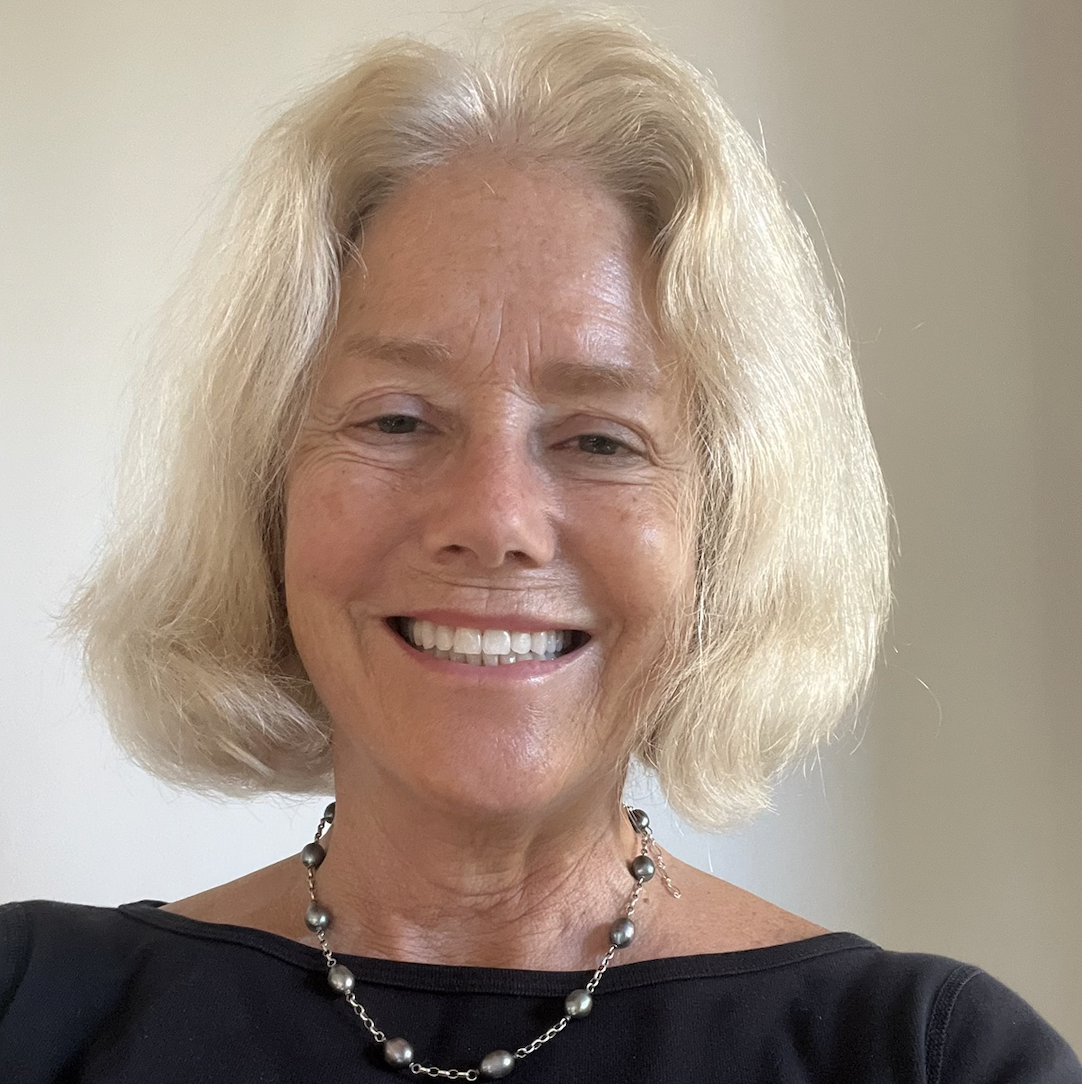
The Power of Difference
Differences associated with professional and social identities bring a broad array of perspectives, life experiences, values, know-how, approaches to problem solving and more. These differences are an enormous resource for innovation and adaptation. The unique view of any one person may stimulate a whole new solution. If not managed well, however, these same differences become sources of conflict, tension and power struggles about whose views are ‘right’ and whose perspectives will prevail.
Which way things go depends upon the group members’ communication skills; do they make it safe enough for people to share their unique views and are they able to listen with enough open-mindedness to consider new ideas?
Relating Across Difference
Relating Across Difference is a relational approach to diversity, equity and inclusion (DEI). The RAD Innovation Lab is a group of colleagues who are dedicated to developing relational approaches to DEI, including methods to help participants relate across difference to better leverage the power of difference.
For example there is a RAD coaching program hosted at The Heller School, Brandeis University that is led by Wale Olaleye, Tony Suchman and Jody Hoffer Gittell.
There is also a RAD initiative at The Wharton School, University of Pennsylvania, led by Professor Stephanie Creary and colleagues.
Relating Across Difference Coaching program At Brandeis
Relating Across Difference Toolbox

